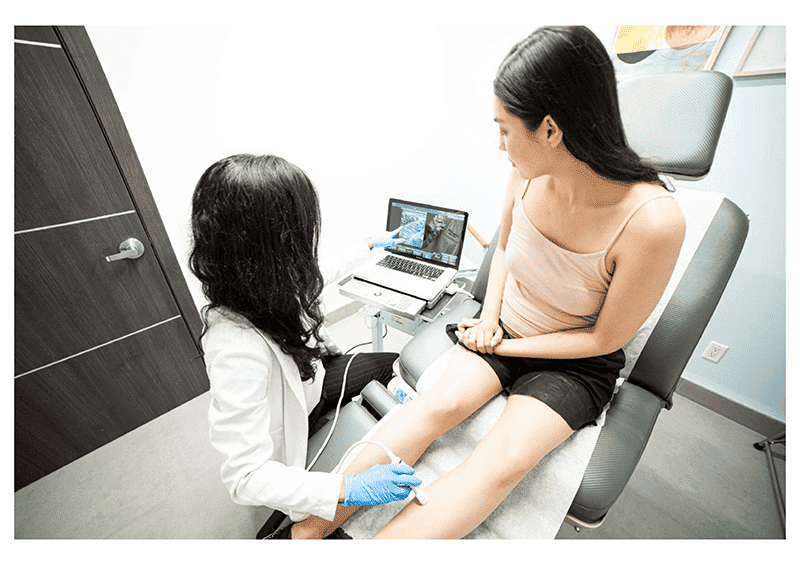In modern times, there are many types of doctors who can treat you and offer you the best services. In the same way, when it comes to veins, then there are many people who suffer from varicose vein problems as there are many changes in lifestyle and other routines as well. But if you are someone who is looking for a doctor to treat varicose veins, then this article is for you. Through this article, you will be reading about the best vascular doctor and when to see a Vascular Doctor. So, keep on going.
What Conditions Do Vascular Doctors Treat?
Here are some of the major treatment options that the vascular doctor treats.
Peripheral Artery Disease (PAD):
Now you might be thinking, What is it all about? No, you don’t have to worry about it, as, in simple terms, this is a narrowing of the arteries in the arms and legs, which can increase the risk of heart attack and stroke.
Varicose Veins and spider veins:
These are the twisted and enlarged veins that can cause more discomfort, swelling, and skin changes or irritation.

Aneurysms:
This is the heaviness of the veins that can lead to bleeding and life-threatening problems in the artery.
Deep Vein Thrombosis (DVT):
This is a type of blood clot that is formed under the deep vein, and this is usually in the legs. That can break off and travel to the lungs, causing a pulmonary embolism.
Carotid Artery Disease:
Narrowing of the carotid arteries in the neck can lead to strokes.
Lymphedema:
Swelling is driven by a buildup of lymph fluid, usually in the arms or legs.
Chronic Venous Insufficiency:
A disorder where the legs’ veins are unable to adequately return blood to the heart, resulting in skin changes, discomfort, and edema.
What to Expect During Your Visit?
After you visit a vascular specialist, the method, as a rule, starts with a careful restorative history and a physical exam. The specialist will ask about your indications, way of life, and any family history of vascular illnesses. Based on the starting assessment, they may prescribe demonstrative tests such as:
– Ultrasound:
This non-invasive test employs sound waves to make pictures of your blood vessels and evaluate your bloodstream.
– Angiography:
A specialized imaging test that employs color and X-rays to see how blood streams through your supply routes and veins.

– Ankle-Brachial List (ABI):
A test that compares the blood weight in your lower leg to the blood weight in your arm is used to check for cushion.
After diagnosing your condition, your vascular specialist will talk about treatment alternatives, which can extend from way-of-life changes and pharmaceuticals to negligibly intrusive methods or surgery, depending on the seriousness of your condition.
When Should You See a Vascular Specialist?
In case you are involved in any side effects like leg torment, swelling, or obvious varicose veins, it may be time to allude to a vascular specialist. Those with hazard components such as smoking, diabetes, high blood weight, or a family history of vascular infections ought to moreover consider seeing a doctor. Early determination and treatment can avoid more genuine complications like strokes, heart assaults, or removals.
How to Select the Correct Vascular Specialist?
Selecting the correct vascular master is vital for successful treatment. Explore for a specialist who is board-certified in vascular surgery or pharmaceuticals and has involvement in treating your particular condition. You will, too, need to check for healing center affiliations, understanding surveys, and victory rates for different methods.
Summing it up
This article has stated how you can get varicose veins treated by an expert. All you have to do is be aware of the risk factors that are making the situation worse. It would be best to connect with the best doctor at the right time. If you are wondering about “How much does varicose vein treatment cost.” then it would be best that you discuss it so that you can prepare your budget.
